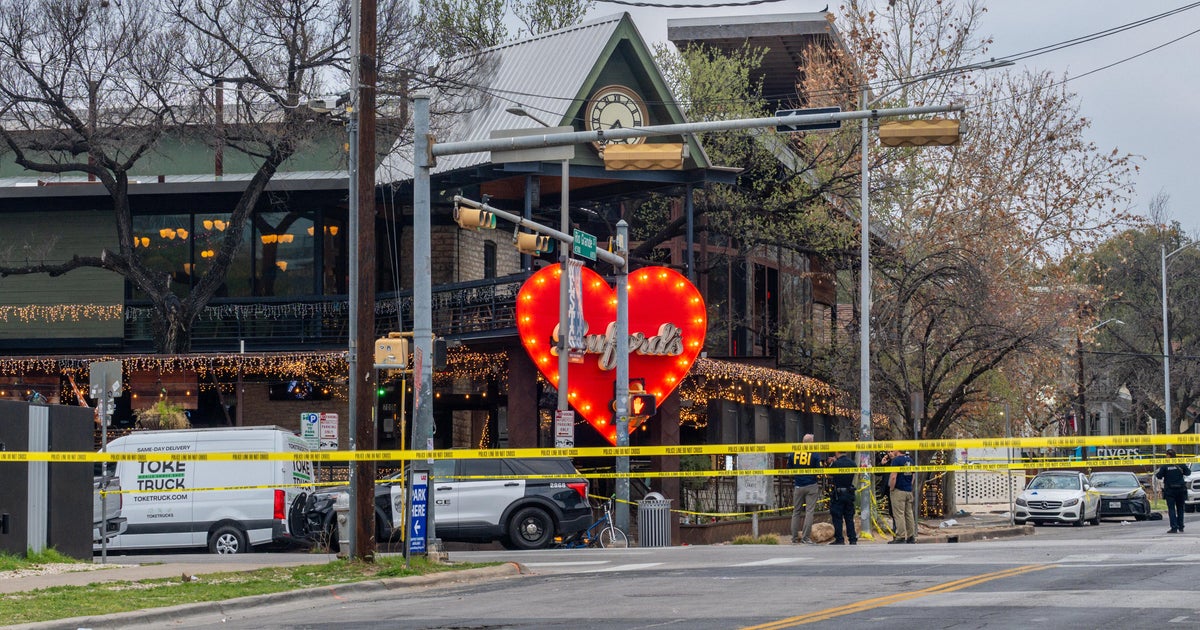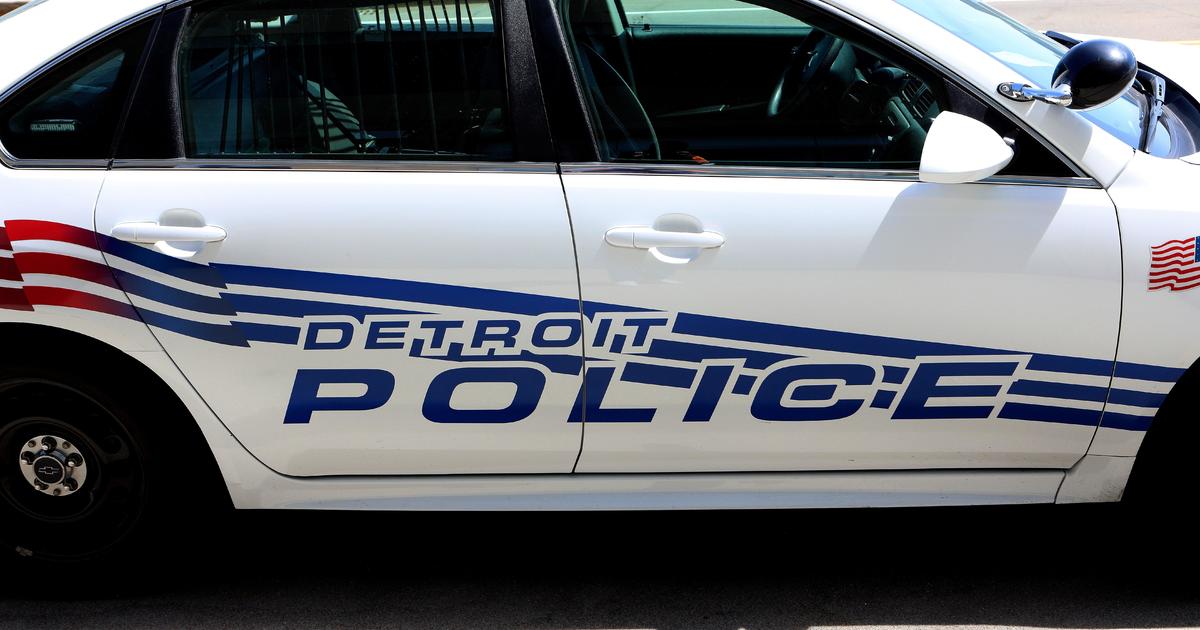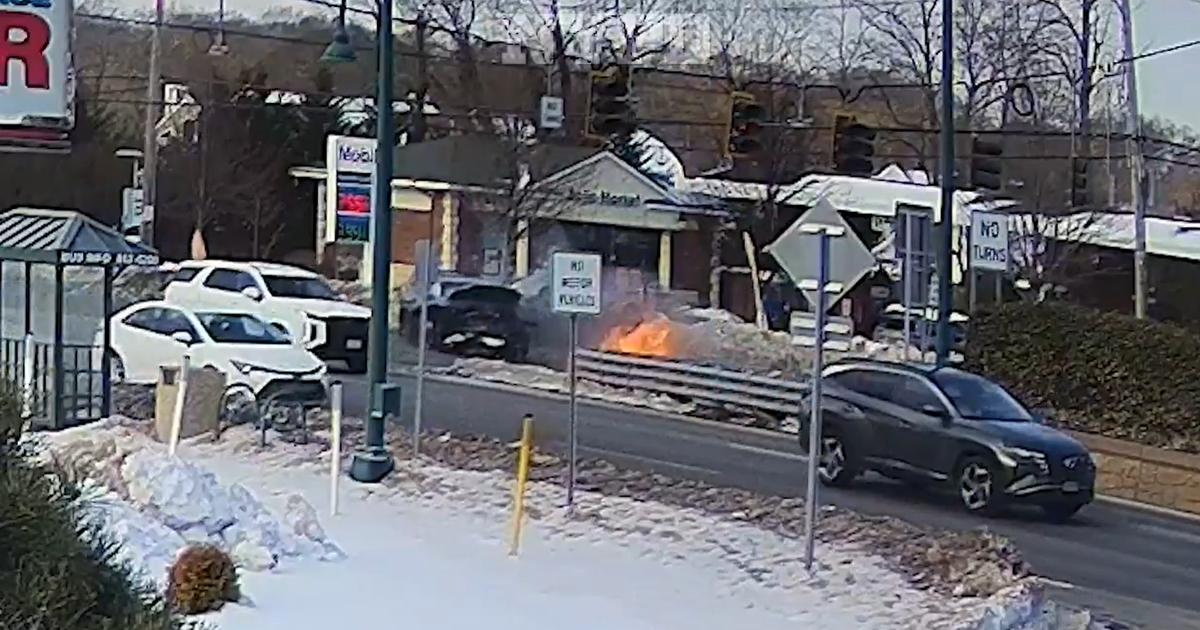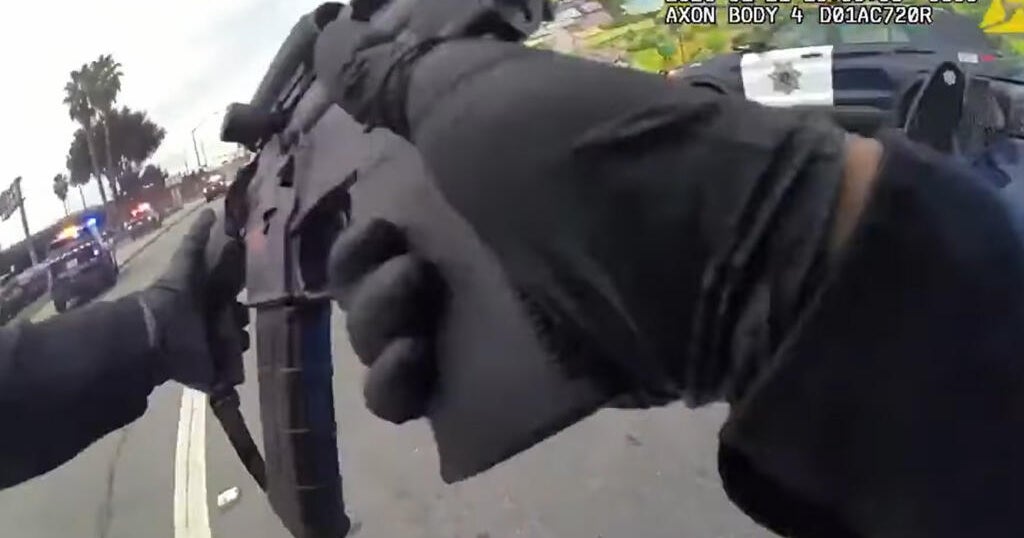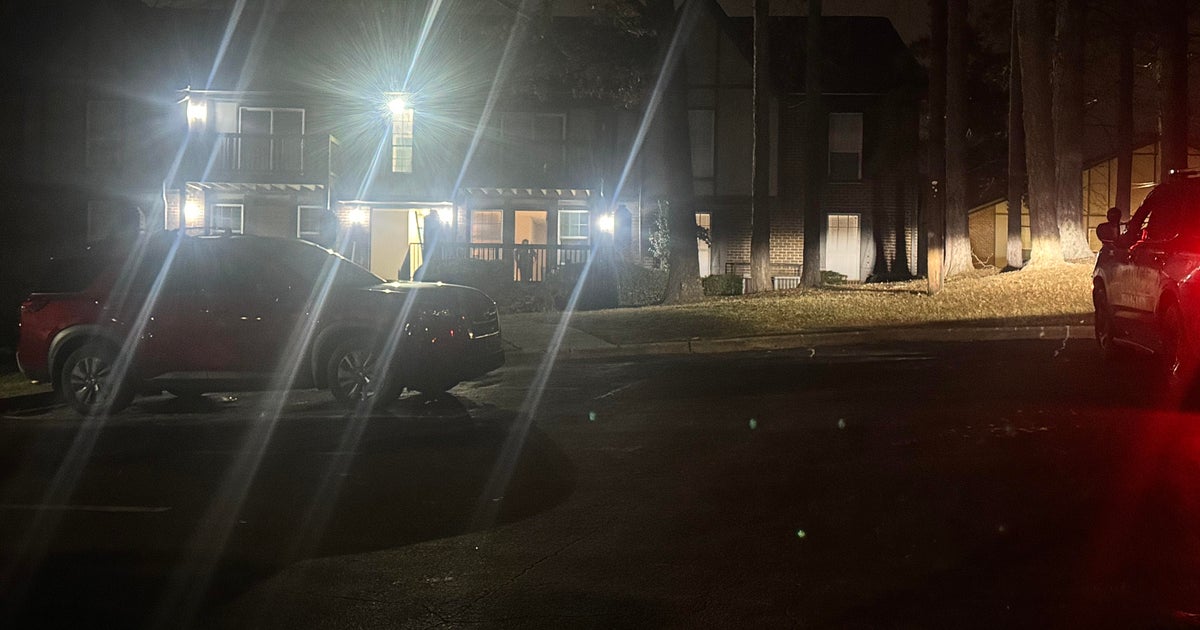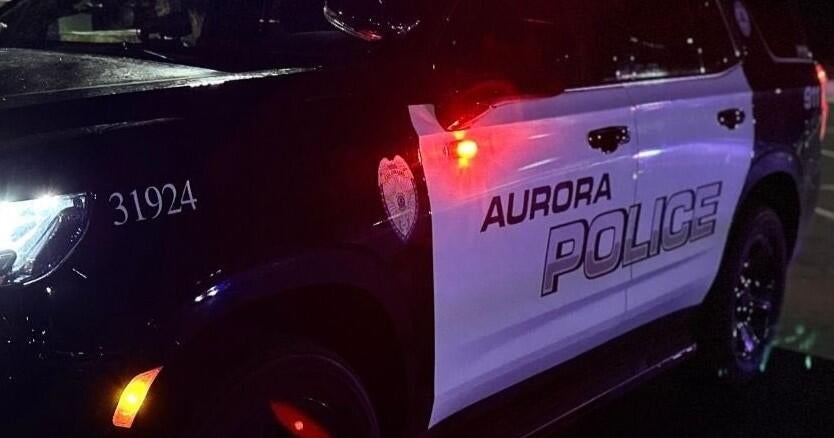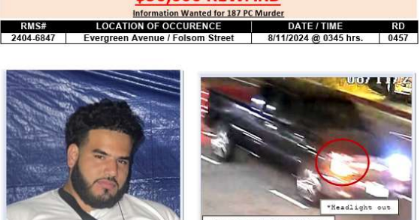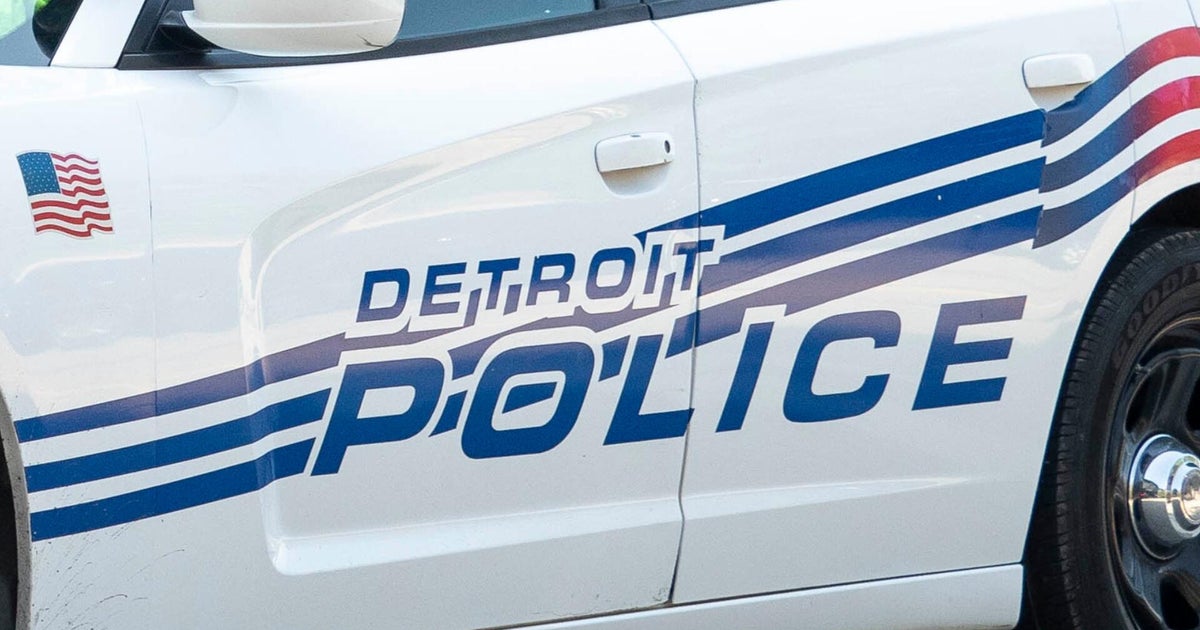State Shifts Focus Of Vaccine Rollout To Prioritize Low-Income Communities
STOCKTON (CBS13) — California is now allocating 40% of vaccine supply to low-income communities. It's a new curveball in an already rocky rollout for the coronavirus vaccine, as the state is striving for more equitable distribution.
The state is targeting low-income neighborhoods like the one that houses the Stribley Community Center in Stockton, where Governor Gavin Newsom announced the changes on Thursday.
"I haven't even gotten an advertisement on where it's at in this area yet. That's the only thing I'm waiting on," said Edwin Patton, a 70-year-old disabled veteran living in Stockton. He said he's eligible and ready.
"I just want to play my part," Patton said.
It's these groups the state hopes to reach as they live in some of the hardest-hit areas from the pandemic, including those within communities of color who remain skeptical of the shot.
"They need more information about the vaccine," said Carolina Diaz, when asked about any community distrust in the vaccine.
The state is aiming to educate by rolling out new public service announcements and getting more people in for vaccinations.
But with many clinics, like the one in Stockton, only a short drive away from most - how can it be certain the shots make it into the right arms?
CBS13 asked Governor Newsom this question, in lieu of recent incidents where vaccine access codes to help these communities were leaked.
"We're having individual scheduled codes to make it more challenging and create an obstacle for people who abuse that privilege," Newsom said.
Local organizations, like El Concilio, are playing their part too. The hope is to meet essential workers, specifically food and farm workers, right where they are.
"What we're going to do is take the vaccine to them instead of expecting them to come to the clinics," said Jose Rodriguez, CEO and President of El Concilio.
The goal being the opportunity for others can get a chance at feeling like Jerry McCarthy, who got his first dose of Pfizer, and of hope.
"It's definitely light at the end of the tunnel. It really makes a difference to me and to my family," McCarthy said.
The hope from all is to make a difference across the board, with a call for more shots for those who may need it more than others.
The state's top health official, Dr. Mark Ghaly, also said he realizes targeting specific communities means less for others - but cites this as a short-term issue. Though that's with the hope supplies from the federal government ramp up, and soon.
